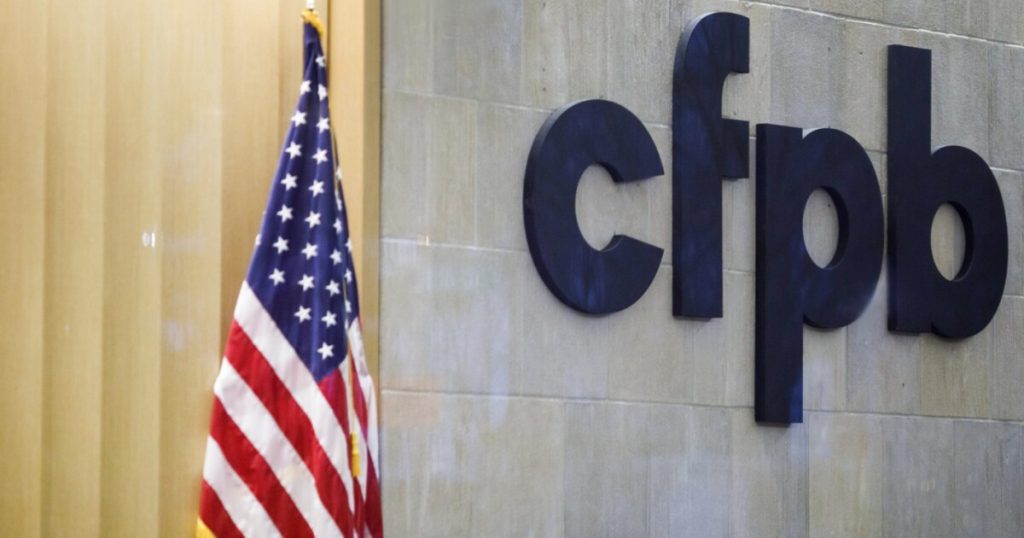In a stunning legal move, the Consumer Financial Protection Bureau is asking a federal court to vacate a redlining settlement because the Trump administration disagrees with it.
Nonprofit groups oppose the case’s dismissal saying the Trump administration is laying the groundwork to try to overturn past judgments, which they said would set a “dangerous precedent.”
The CFPB on Tuesday asked a district court to dismiss and vacate a $105,000 judgment against Townstone Financial and its CEO, Barry Sturner. Despite the case being settled and
“After a thorough investigation, the Bureau’s leadership concluded that the case against Townstone lacked any evidentiary and legal foundation and was pursued because the
government disagreed with Townstone’s views,” wrote Mark Paoletta, the CFPB’s chief legal counsel.
Townstone, a Chicago mortgage broker,
Now the CFPB under the Trump administration is seeking to reverse the Biden-era settlement, filing a joint brief in the U.S. District Court for the Northern District of Illinois, with attorneys from the Pacific Legal Foundation, which represents Townstone.
In the first Trump administration, under former CFPB Director Kathy Kraninger, the CFPB had argued that Sturner had discouraged prospective home loan applicants from applying for mortgages with Townstone, in violation of the Equal Credit Opportunity Act and Regulation B — which prohibits creditors from discriminating on the basis of sex, race, color, religion, national origin, age or marital status.
The case was initially dismissed. But
After the change in administrations, the CFPB petitioned the court in late March to dismiss the case and the nonprofits stepped in, claiming that vacating the judgment would undermine the rule of law.
“Granting the motion would encourage politically motivated attempts to undo final judgments with every change in administration, undermining the finality of court orders and wasting judicial resources,” Karla Gilbride, deputy director of litigation at Public Citizen Litigation Group, wrote in the nonprofits’ brief, which was filed on April 4. “Vacating the judgment could harm public confidence in the justice system and incentivize defendants to renegotiate settlements whenever new agency leadership takes office.”
The CFPB said that “extraordinary circumstances” justify vacating the judgment and consent decree. Paoletta asked the court to use a more relaxed standard of the Federal Rules of Civil Procedure because both parties are in agreement and now want the case vacated.
“This case represents a serious miscarriage of justice,” wrote Paoletta and Steven M. Simpson, a senior attorney at the Pacific Legal Foundation. “The revelation that CFPB’s investigation and lawsuit were legally baseless and targeted Townstone for its speech is most definitely a change in circumstances.”
They added: “The circumstances in this case are truly extraordinary.”
The CFPB and Townstone cited the public interest in preventing constitutional violations and in “ensuring that government agencies follow proper procedures in bringing enforcement actions.”
But the nonprofits countered that if the court grants the relief sought by the CFPB and Townstone, they “would invite a host of similar docket-clogging motions at the beginning of each new presidential administration, undermining public confidence in the finality of judicial orders and wasting the courts’ and agencies’ time rehashing old cases instead of addressing current controversies.”
Further, the nonprofits said, the CFPB and Townstone could “point to no other case where a court anywhere in the country vacated a final judgment because incoming agency leadership disagreed with the decision to litigate the case leading to that judgment. This Court should not set that dangerous and destabilizing precedent.”

